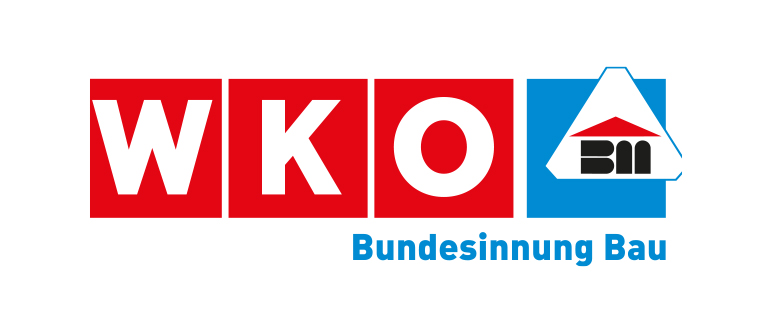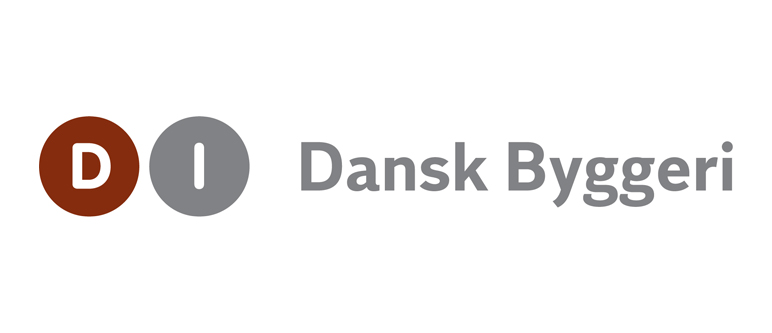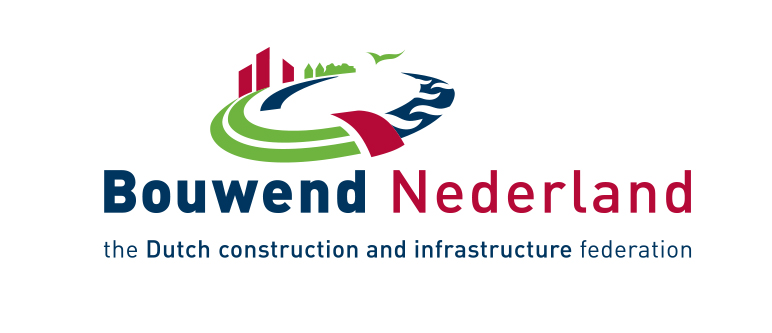Overall construction activity
The construction sector has a driving role in the Turkish economy. The industry accounts for 5.4% of the total GDP and employed 1.5 million persons in 2020. When the sector's direct and indirect impacts on related industries are considered, the share of the sector in the overall economy reaches 30%. The construction sector, however, has been caught by the pandemic in already very fragile conditions.
The pandemic made some projects slow down rapidly and resulted in the suspension of others. Debt ratios in the sector have increased. In addition, the rising interest rates and the volatile exchange rate increased financing costs. The cost of material/equipment and labour increased and the sector experienced a contraction of 3.5% in 2020.
On the other hand, Turkish construction companies succeeded in increasing their footprints in the international market with the volume of new projects reaching €12.8 billion. In the last 50 years Turkish companies realised 10,700 projects on five continents and 128 countries with a total business volume of €361 billion.
Housebuilding
Housing sales gained momentum in the summer of 2020 with attractive loan campaigns initiated by the state’s banks in a low-interest environment. With 229,357 houses, housing sales peaked in July.
However, as of September, with the end of advantageous interest rates, housing sales first slowed down and then began to decline. In addition, the increase in input costs due to the fluctuation of the exchange rate was reflected in the prices, and the demand in the housing sector declined as interest rates started to rise.
Looking at the year as a whole, housing sales increased by 11.2% compared to 2019 and reached 1.5 million. The number of flats granted building permits amounted to 547,211 in 2020 while the figure stood at 324,839 in 2019.
In 2020, compared to the previous year, the number of buildings, floor area of buildings, value of buildings, and the number of dwelling units increased by 69.4%, 48.7%, 71.1%, and 68.5% respectively.
The urban transformation programme is a driving force of the sector. According to the action plan announced by the Ministry of Environment and Urbanization, 1.5 million houses should be transformed within 5 years. Every year, 300,000 houses, 100,000 of which in İstanbul, should be transformed according to this action plan.
Housing sales to foreigners decreased by 10.3% (40,812 units) in 2020 compared to the previous year (45,483 units). Istanbul was still Turkey’s favourite city for foreign buyers with a record of 19,175 house purchases. Second ranked, the popular Mediterranean resort town Antalya, recorded 7,735 house sales in 2020.
GDP 2020
BILLION
POPULATION 2020
Total investment in construction in 2020
BILLION
Non-residential construction
Increasing working from home due to the global pandemic and the adoption of new working methods have caused changes in the office market in 2020. In addition to these changes, the contraction in the economy, a high unemployment rate, and pressure on the exchange rate had an adverse impact on general leasing activities and investments.
In 2020, out of 111 million m² of the total floor area of buildings, 26.2 million m² (23.6%) were realised as non-residential buildings. Non-residential building permits recorded a slight decline compared to 2019. Office investments were generally limited to the purchases of office units.
Nevertheless, the Istanbul International Finance Centre, which will be completed by the end of 2021, will be a giant investment with approximately 1.5 million m² of office space.
As of the end of 2020, 447 shopping centres are operational in Turkey with a total gross leasable area of 13.6 million m². Istanbul constitutes approximately 37% of the total leasable area stock.
Civil engineering
Turkey has witnessed the completion of many mega projects in the last years. A series of investments for infrastructure development have also been planned both as public investments and PPP projects for the coming years.
However, within the context of increasing financing costs, new investment plans and projects may move slowly depending on market conditions.
| Number of building permits in residential construction | |||||||
| 2017 | 2018 | 2019 | 2020a | 2021b | |||
| single dwelling | 25,669 | 21,795 | 16,095 | 32,098 | 40,000 | ||
| collective dwelling | 1,372,089 | 644,153 | 307,257 | 513,316 | 558,000 | ||
| other types of dwelling | 7,689 | 3,217 | 1,487 | 1,797 | 2,000 | ||
| Total | 1,405,447 | 669,165 | 324,839 | 547,211 | 600,000 | ||
| (Collective dwellings and other types of buildings: in number of flats) | |||||||



































